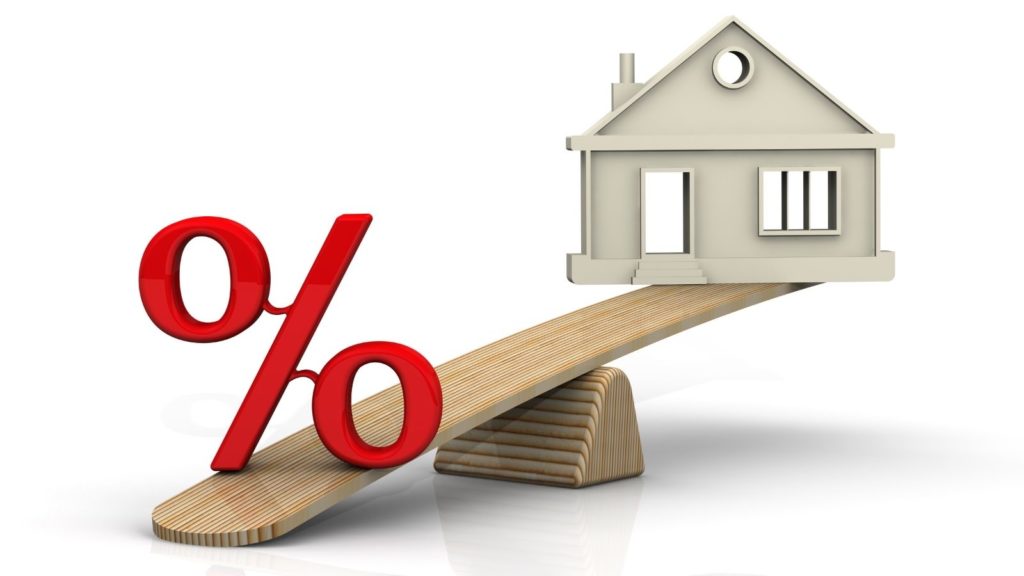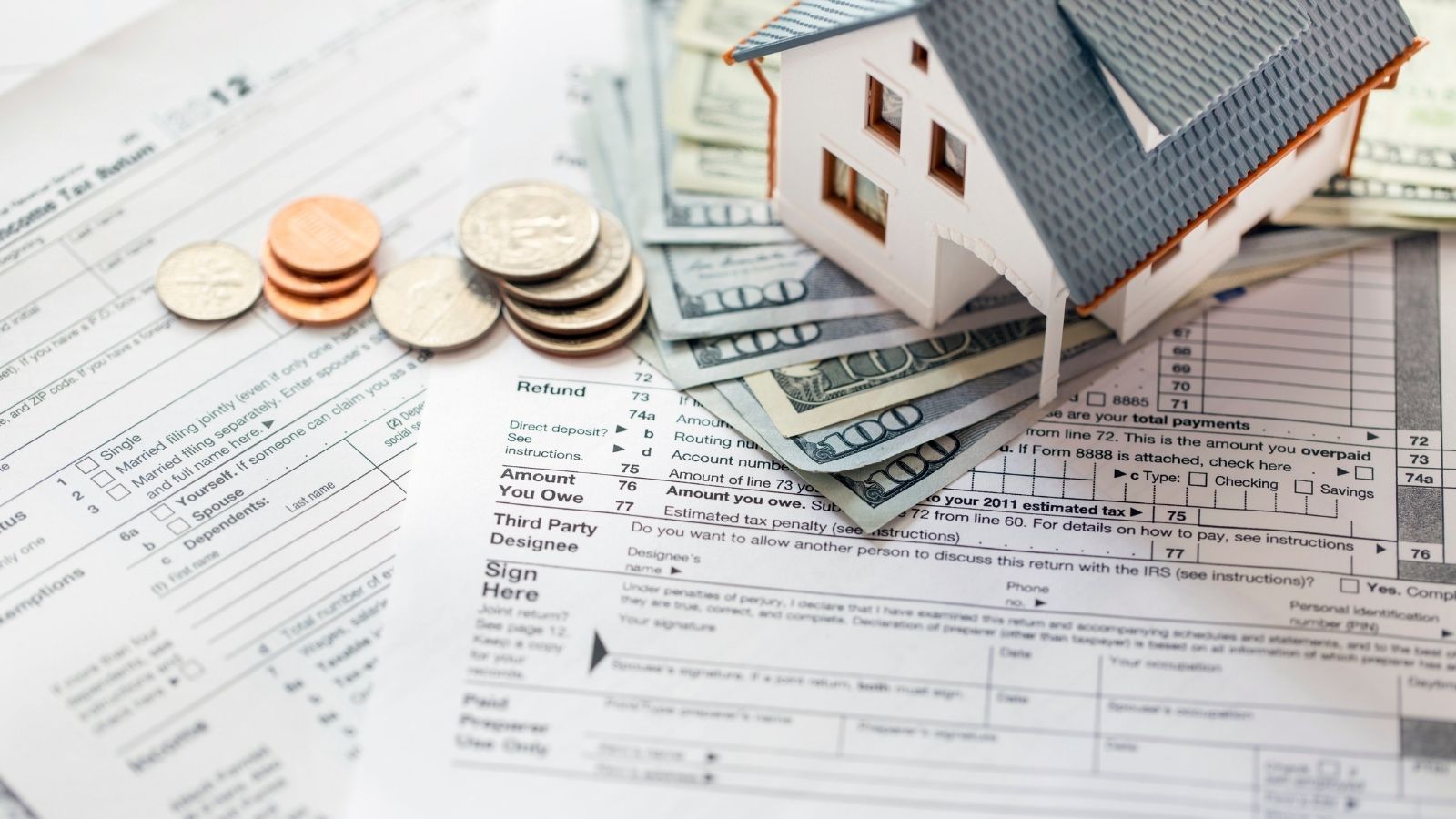Home sellers have plenty to do. They need to put their house on the market and have it listed and advertised. Many sellers are usually preparing their home for showings while they’re researching properties and neighborhoods that they’d consider living in.
Taxes are an important consideration for every home sale. Certain taxes must be paid and specific deductions can be claimed in certain situations. The dollar amount of the sale, the state that you live in and other factors contribute to what specific deductions can be taken.
Selling a home in Texas isn’t always easy. You have to pay attention to current economic trends and market conditions. This will help you price your house so that it can be sold in a reasonable amount of time. There may be delays and unexpected issues that can occur, but you should be able to handle just about any obstacle in your way. Planning and determination can help you succeed.
Here are a few common items that are tax-deductible when a home is sold.
1. Property taxes.
Up to $10,000 in property taxes can be deducted from selling your home. This will apply to the last fiscal year. For example, if you sold your home in November 2020 and sold your home a month later, you can deduct all property taxes paid that year up to $10,000.
However, if you sold your home in March 2020 and had not paid any property taxes yet, you can only claim a property tax deduction for the previous year in which property taxes were paid.

You may need to pay a prorated portion of your property taxes before the home sale has been finalized. Your county assessor’s office or other respective local government offices should be able to provide you with the amount that will be due.
2. Home repairs and renovations.
Many upgrades, renovations, and home repairs can also be deducted from your taxes. Repairing or replacing the heating and/or cooling system, adding a deck or patio and painting rooms or re-siding the exterior are common examples of typical changes that many homeowners make. They are also a good way to improve a home’s value.
Just make sure that you pay attention to the timing of those upgrades or repairs. If they were made or completed at least 90 days or longer from when the house was sold, they can be counted as home improvements. However, if these changes were done within 90 days or less from the home sale, they’ll probably have to be categorized as selling expenses, which can still be deducted in most instances.
3. Mortgage interest.
Mortgage interest can be claimed in many home sale transactions. Home sellers who obtained a mortgage before December 15, 2017, can exclude up to $1 million in mortgage debt. Homeowners who acquired a mortgage after that time can only claim up to $750,000 in mortgage debt.

Pay attention to your itemized deductions, as they have changed since the Tax Cuts and Job Act of 2017 was enacted. Itemized deductions have to be more than the standard deduction in order to qualify for this kind of exemption. The standard deductions under this act are now at $12,400 for individuals, $18,650 for people filing as head of household and $24,800 for married people who are filing a joint tax return.
4. Selling costs.
Certain costs associated with selling your home are tax-deductible. The deductions have to be associated with the transaction, and the property that was sold must have been your primary residence for at least two of the last five years. The house that you’re claiming this deduction on cannot be an investment property.
Home staging costs, realtor commissions, advertising and marketing expenses, escrow fees and legal or attorney fees may be included in your selling costs. These expenses should be deducted from the total sale price of the house. You may want to consult your tax attorney or tax preparer if you have any questions or concerns regarding which fees can be considered selling costs that can be deducted.
5. Capital gains.
You may qualify for a capital gains exclusion for the home sale. Capital gains are the net proceeds from the transaction. To determine your capital gains, take the amount that you received and subtract your mortgage debt and any applicable expenses. The remaining amount can be taxed as income on your tax return.
Individuals can claim up to $250,000 and married couples can claim as much as $500,000 in capital gains exclusions from selling their house. The home that was sold must have been your main residence for at least two of the last five years. Capital gains are determined according to your cost basis. The cost basis is the amount that you paid for the home plus the costs of any improvements or upgrades that you made to the house.

Let’s say, for example, that you purchased your house for $300,000 and incurred $50,000 in expenses for home repairs and renovations. Your total cost basis would be $350,000. If you sold your home for $500,000, your net profit would be $150,000. You could therefore claim your profit as a capital gains exclusion on your income taxes.
It’s a good idea to keep your receipts for all repairs, upgrades or renovations made to your home. Store them in the same place. You can even itemize them in a spreadsheet on your computer. This will make it easier to calculate your overall expenses and find out what and how much you can deduct at tax time.
Conclusion
Taxes aren’t exactly enjoyable, but they are a necessary part of home sales. You can do your own taxes, or you can hire a professional to prepare them for you. Just make sure that your forms and any payments that are due are mailed before the deadline.
Once your taxes have been taken care of, you can breathe easy. You can finally put that chapter of home ownership behind you. It’s time to look forward to the next phase of your busy life in a new location.
Have Questions? Ask Rene!




